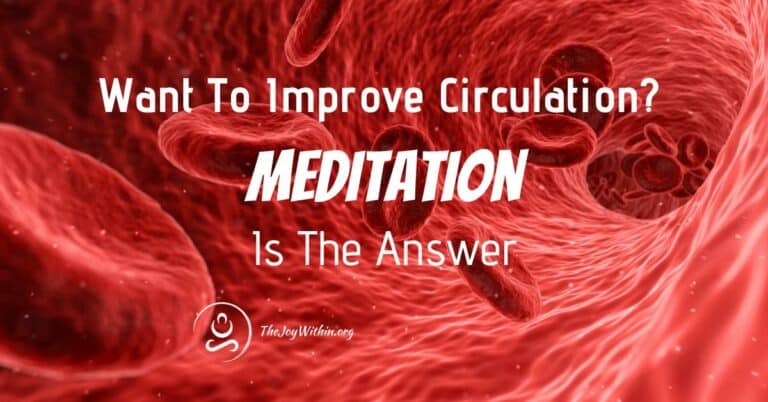“The only thing constant in life is change,” said the Greek philosopher Heraclitus. This means with our human tendencies to attach to people or identities we can, therefore, experience suffering. How much we suffer is based on our adaptability.
Learn more health benefits of meditation here.
Cognitive Adaptability Study
Published in Consciousness and Cognition, a study by Lorenza Colzato and Iliana Samara from the Leiden Institute of Brain and Cognition at Leiden University, had 36 people who were new to meditation split into two groups. For twenty minutes the first group practiced open monitor meditation and the second group practiced focused-attention meditation.
Open monitor meditation is a meditation style where the goal is to cultivate awareness and remain nonjudgmental. There is no specific direction to this meditation technique as compared to mindfulness meditation.
You may enjoy these 5 mindfulness exercises that focus on your sense of touch.
Mindfulness meditation guides one to focus on a specific sensation or object while allowing the external world to also be in their awareness although nonjudgmentally. Whereas OMM allows one to be aware of everything without any form of a specific concentration.
Focused-attention meditation is more of the classical approach to meditation. This is a technique very common in yoga it involves cultivating a single-pointed mental focus. The goal of FAM is to have an almost tunnel-like vision focus.
Commonly objects of focus in this meditation are mantras, a visualization, candle, mala beads, or your breath. Within the study, after meditating the volunteers were asked to perform a Simon task, which would measure their efficiency and adaptability to discern relevant and irrelevant information.
Find our list of mantras here you can bring into your meditation practice.
The results showed the FAM increased moment to moment adaptability significantly more than OMM. Although the study proved that overall meditation (in both forms) immediately produces a cognitive-control state that equates to conflict adaptation.

Emotional Adaptability
The previous study displays how meditation is able to improve cognitive adaptability. Although as emotional creatures, one of the most beneficial effects of meditation is its impact on emotional adaptability.
With techniques such as FAM, we remain focused on a single point. This does not mean our brains automatically can shut down its monkey mind tendencies immediately. In fact, this style of meditation requires us to notice distractions yet continue to return to our neutral center of inner peace.
This practice teaches us how to strengthen the muscle of returning to emptiness while observing emotions. This muscle is important to have strong for when change can stir deep emotions within us.
For example, when a relationship ends it can be a time of intense heartbreak. We need strong muscles in order to observe these emotions rather than to drown in them.
This does not mean we need to shut down emotions. Similar to how in meditation you allow sounds and sensations to be there neutrally. Meditation prepares the emotional body to adapt to change and remain centered throughout it.
This guided meditation can help you let go of the past and guide you to embrace the present moment. Being present and focused is one of the strongest gifts meditation offers because this tool can be implemented to free yourself from suffering and find the permanent space of peace inside you.




